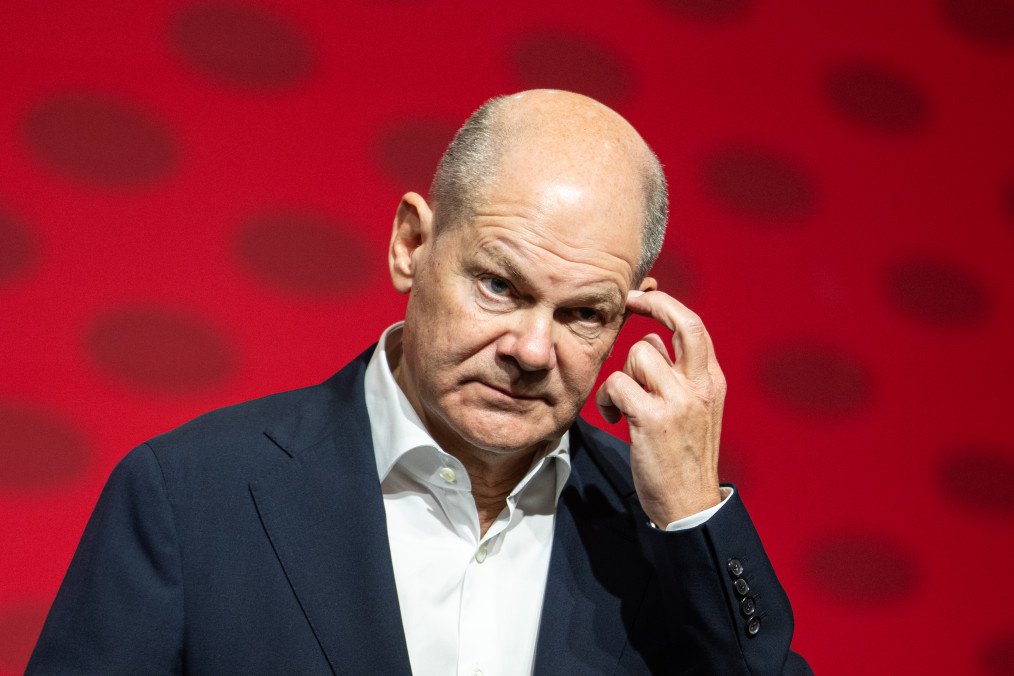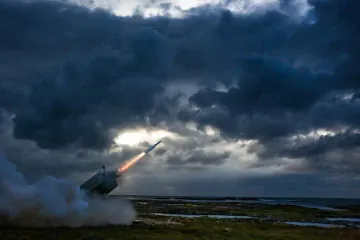German Chancellor Olaf Scholz has described his recent phone conversation with Russian leader Vladimir Putin as “unpleasant but necessary.” The call, which took place on November 15, marked the first direct communication between the two leaders in nearly two years.
In an interview with ZDF, Scholz confirmed that he urged Putin to withdraw Russian troops from Ukraine and emphasized that Western support for Kyiv remains steadfast. “Do not expect us to reduce our support,” Scholz reportedly told Putin. “You must find a way out of this war. You must stop your attacks and pull your troops out.”
Scholz also noted that all of Putin’s arguments justifying the war were repeated once again. In response, the German Chancellor reiterated his own positions, reminding Putin that he had warned him before the war began about the baselessness of such reasoning.
The Chancellor admitted that such conversations were never pleasant but insisted on their importance: “There are people who think a simple phone call can bring peace the next day. Of course, that’s not the case. But one must talk to be heard.”
Before his conversation with Putin, Scholz consulted with Ukrainian President Volodymyr Zelenskyy and informed him that he would discuss the outcomes of the call. Scholz once again assured that Germany would support Ukraine for as long as necessary.
According to German government spokesperson Steffen Hebestreit, Scholz also called on Russia during the conversation to be ready for negotiations with Ukraine aimed at achieving a just and sustainable peace.
Earlier, Zelenskyy expressed concern, stating that such contacts could reduce Putin’s isolation on the international stage and prolong the war. However, Canadian Prime Minister Justin Trudeau supported Scholz’s decision, while Lithuanian Foreign Minister Gabrielius Landsbergis and former UK Prime Minister Boris Johnson criticized the move.





-c439b7bd9030ecf9d5a4287dc361ba31.jpg)



-21f402f6f32da8b0165ae48804a71feb.jpeg)